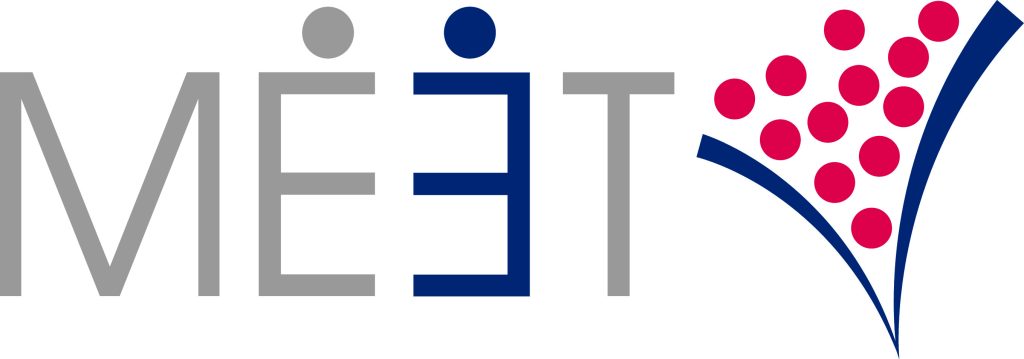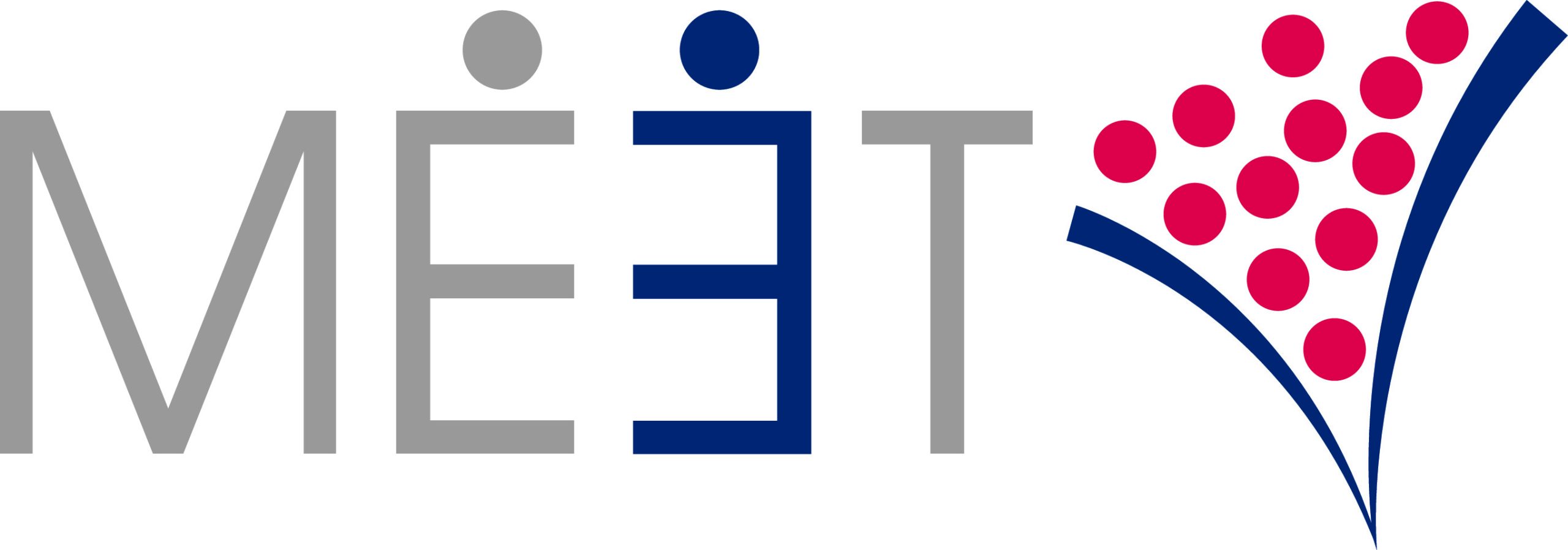5 Reasons You Need to Start Carrying Business Cards Today!
As we all re-enter going to trade shows and events post-COVID, we’re seeing an incredible number of people, as many as 80%, no longer carrying business cards. By not sharing business cards, trade show participants are significantly limiting their ability to make valuable connections and losing lots of opportunities. If for some reason you’ve stopped printing, carrying, and sharing business cards we suggest you change course immediately! I’ll give you a quick story. I was at a trade show a couple of weeks ago. As I was meeting people I was giving them my business card. The first person I met said that they don’t have a business card but they have a QR code. When I scanned their QR code it sent me to their LinkedIn profile. The next person I met said the same thing, “I don’t have a business card but I have a QR code”. Their QR code sent me to their website. The next person I met with their QR code sent me to their email address. The next person their QR code sent me to their Whatsapp. In each case, I was getting sent to different places. The next person their QR code sent me to their profile on the trade show app. Now, I know it all sounds great that we are saving trees. The problem is as somebody who loves to follow up and wants to help connect you to value people and resources I can’t find you the next day. Having all of these different platforms that people are linking their QR codes to has created incredible confusion and complication when meeting people at events. Not to mention that none of them support easy note-taking, event association, scoring, transferability, etc. If you don’t help the people you meet have all their contact info in one place and ultimately their preferred place, you will likely not hear from them again. This isn’t because they don’t want to follow up. It’s because you’ve made it impossible for them to find you and if they can by some miracle find or remember you they won’t remember the context and priority actions. Given that there is not one online standard contact information exchange platform and that these disparate tools, including all event apps, spread the contacts you meet at events across a myriad of different platforms you need to recommit to carrying and sharing business cards as the only reliable option for professionals to exchange contact information. Here are our 5 key reasons why you need to carry and pass business cards at every event: An affirmative exchange of your contact information is solid. You don’t have to worry about technology. You don’t have to worry about anything at all other than handing your card to somebody. As you’ll see in the next four that that handoff does quite a bit to empower action from the people you meet. It’s your branding. This is actually an opportunity to hand your logo to someone and they’ll accept it. You’ve spent thousands and thousands of dollars to build your brand yet you somehow resist handing it over to people. If somebody is willing to accept your brand give it to them. Give them two! Give them ten! They can give it to their friends! Giving a business card enables note-taking which empowers future action. You’re going to meet people who think of something or someone that they can connect you to. Without their easy ability to take notes that information gets lost. If you’re sharing a QR code with your LinkedIn or all these different other platforms it’s both impossible to find you the next day and very difficult to catalog actions. Maybe you’re looking for investment. Maybe you’re looking for customers. Maybe you’re looking for a key employee. None of that stuff can be written down or cataloged easily without a tangible business card and therefore it’s not actionable. Empowers speedy connection to key internal resources. You make it easy for the person you meet to hand your contact info with notes to the more appropriate person in their team for follow-up. The person you meet from an organization at events isn’t always your best company contact. When you pass an analog business card you remove the friction and allow the quick transfer of your contact information with notes to the right internal resource. This empowers fast and accurate follow-up. Empowers real-time connection to key external resources. It’s not unusual to meet good matches and connections for people you meet at events while you’re still on site as these are places where like-minded people gather. Having these opportunities in real-time makes it even more important to have contact information and notes easily accessible. Nothing is easier than having someone’s business card in your pocket and handing it to or allowing a target resource or powerful connection to take a photo of that new contact’s card. As you continue to reduce and eliminate friction in exchanging contact information at events, you’ll make more and better connections. Using business cards will make it consistently easier for the person you meet to take favorable action on your behalf and you for them. If someone will accept your brand image hand it to them every time! Hand them 2 cards. Hand them 10 cards! Watch or listen to the podcast: Youtube Spotify About MEET (meetroi.com) helps international B2B companies gain traction and scale in the U.S. through trade shows, events, and strategic connections. MEET’s processes help its clients ramp up sales quickly and maintain a steady stream of high-quality prospects going forward. Contact Bill Kenney for a no-obligation conversation: bill@meetroi.com or +1 (860) 573-4821.

